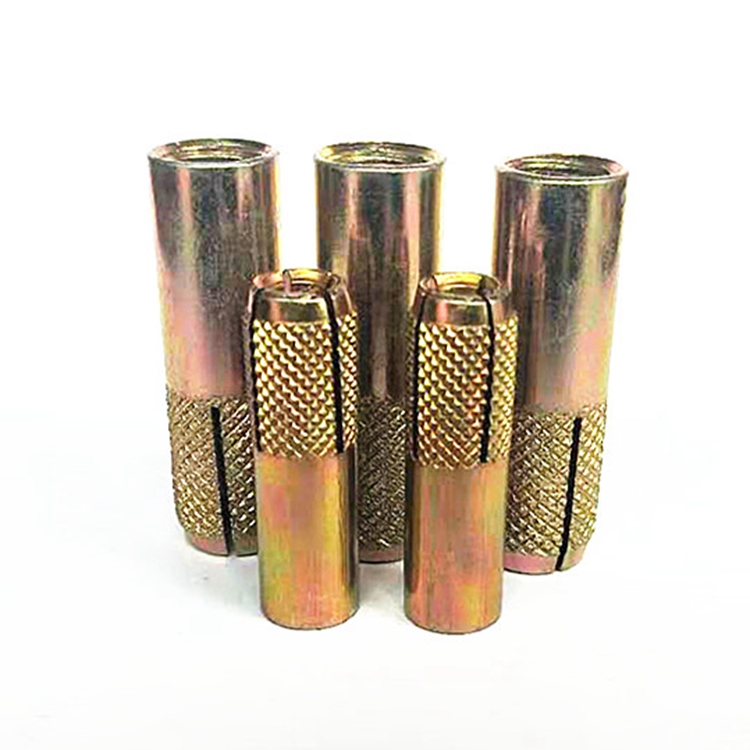buy din961 hex bolts
Nov . 08, 2024 17:48 Back to list
buy din961 hex bolts
Understanding DIN 961 Hex Bolts A Comprehensive Guide
When it comes to fastening solutions in engineering and construction, DIN 961 hex bolts are a popular choice among professionals. These bolts, designed according to the German Institute for Standardization (DIN), feature a hexagonal head and are characterized by their high tensile strength and precision. This article delves into the specifics of DIN 961 hex bolts, detailing their applications, material options, and advantages, helping you make informed purchasing decisions.
What are DIN 961 Hex Bolts?
DIN 961 hex bolts are metric fasteners with a hexagonal head, making them easier to grip with a wrench for tightening and loosening. The bolts are generally unthreaded on the shank, with threads starting just below the head. They come in various lengths and diameters, ensuring compatibility with numerous applications in construction, machinery, and automotive industries.
Applications of DIN 961 Hex Bolts
These bolts are particularly useful in scenarios requiring robust fastening solutions due to their high strength. Some common applications include
1. Construction DIN 961 bolts are frequently used in structural applications such as connecting steel beams and columns, where durability and stability are paramount.
3. Machinery They are widely used in heavy machinery for assembly and mounting, ensuring long-lasting and secure connections.
4. Furniture Many modular furniture designs incorporate DIN 961 hex bolts, providing solid assembly while allowing disassembly for transport.
Material Options
DIN 961 hex bolts are available in various materials, with each type suited for different environments and loads
buy din961 hex bolts

- Carbon Steel The most common material, carbon steel offers a good balance between strength and cost-effectiveness. They can be plated for rust resistance, though care should be taken in corrosive environments.
- Stainless Steel Known for its resistance to corrosion and durability, stainless steel DIN 961 bolts are ideal for outdoor applications or areas exposed to moisture.
- Alloy Steel For applications requiring enhanced strength and toughness, alloy steel bolts are manufactured. They are typically used in high-stress environments, such as aerospace and heavy industries.
- Brass Though less common, brass DIN 961 bolts are used in electrical applications due to their excellent conductivity and corrosion resistance.
Advantages of DIN 961 Hex Bolts
1. Standardization Being a standardized product, DIN 961 bolts ensure compatibility across various applications and industries, simplifying the purchasing and replacement process.
2. High Strength The engineering behind these bolts provides exceptional tensile strength, making them suitable for heavy-duty applications.
3. Ease of Use The hexagonal design allows for easy engagement with wrenches, facilitating straightforward installation and removal.
4. Variety With different sizes, materials, and finishes available, you can find the perfect bolt to suit your specific needs, whether you're working on a simple DIY project or a large-scale construction job.
Conclusion
When considering fastening solutions, DIN 961 hex bolts stand out for their reliability and versatility. Understanding the specifications, material options, and applications of these bolts can greatly benefit engineers, builders, and DIY enthusiasts alike. By choosing the right DIN 961 hex bolts for your needs, you can ensure strong, safe, and efficient assemblies in any project. Whether you're purchasing in bulk or for a one-off application, recognizing the value and advantages of DIN 961 bolts will enhance your construction or manufacturing outcomes.
Latest news
-
High-Quality Panel Stud Bolt Reliable Panel Stud Bolt Factory & Suppliers
NewsJul.08,2025
-
High-Precision Fine Thread Locknuts Manufacturer & Supplier Custom Solutions
NewsJul.08,2025
-
PH Imperial Stud Bolt – High Strength Fasteners from Leading Supplier & Factory
NewsJul.07,2025
-
High-Quality Allen Wrench Bolts Leading Factory, Company & Suppliers
NewsJul.07,2025
-
Wholesale Ball Stud Bolt - High Quality Supplier & Factory Price Reliable Wholesale Ball Stud Bolt Company
NewsJul.06,2025
-
High-Strength Alloy Bolts Manufacturer & Supplier Quality Alloy Fasteners Factory
NewsJul.06,2025
